Your cart is currently empty!
Category: Organic Growing
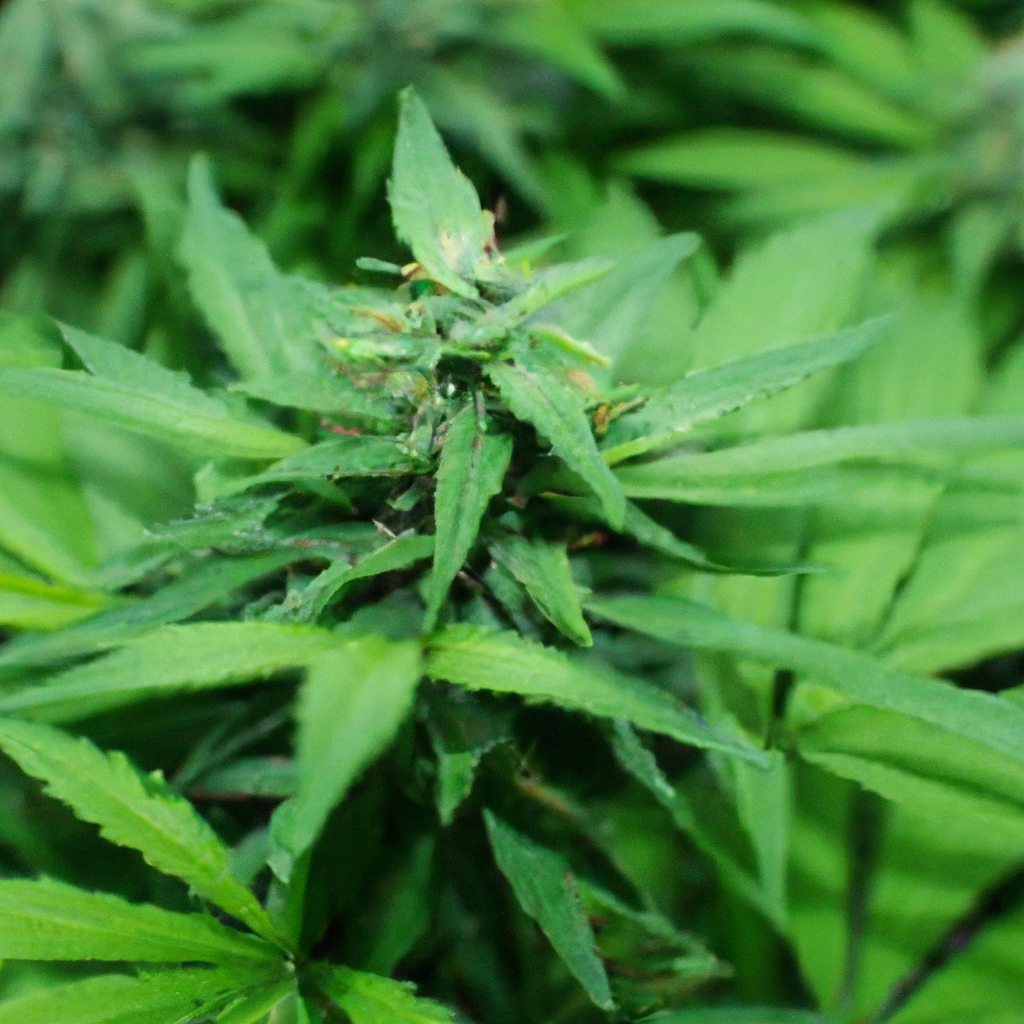
Organic cannabis cultivation promotes natural growth through eco-friendly practices, enhancing both environmental health and product quality. This guide highlights essential techniques such as using natural fertilizers, composting, and sustainable pest control, all of which contribute to robust plant health. Key components include building a thriving soil ecosystem through composting, cover cropping, and mulching; nurturing growth…
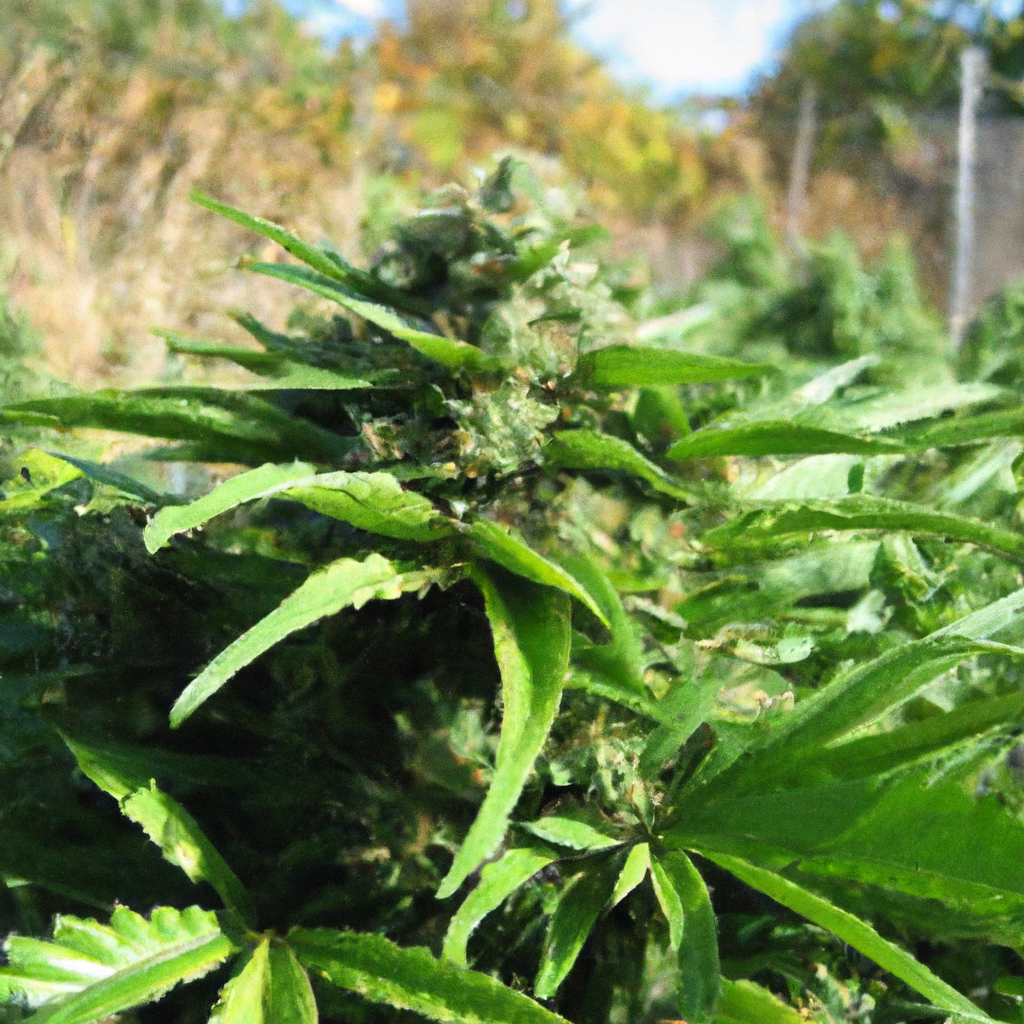
Organic cannabis cultivation preserves the environment and delivers a richer product. This article discusses techniques such as building a healthy soil ecosystem through composting, cover crops, and mulching. It advocates for natural fertilizers like neem cake and fish emulsion, and sustainable pest control methods, including companion planting and beneficial insects. The benefits of organic cannabis…
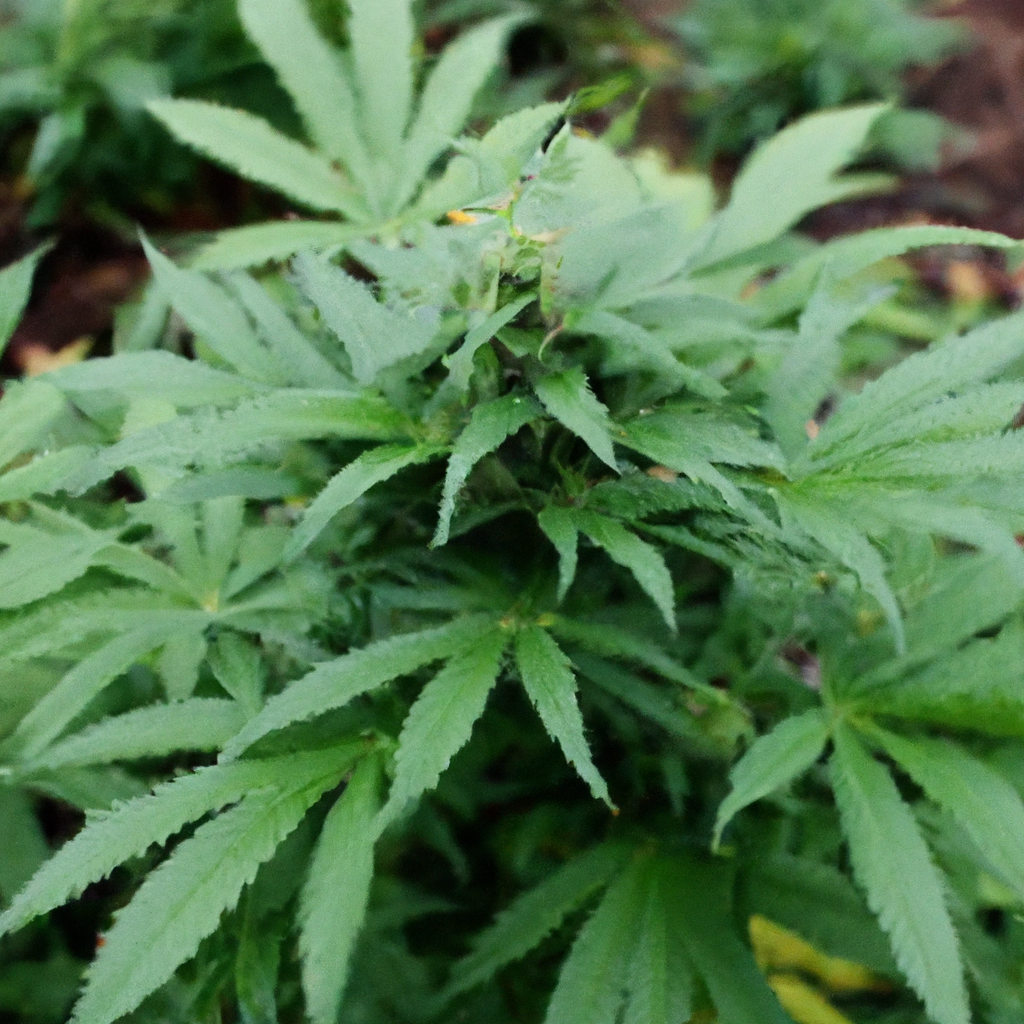
Organic cannabis cultivation focuses on using natural rhythms and resources to produce sustainable, flavorful plants. By enhancing soil ecosystems through composting, natural amendments, and crop rotation, growers improve plant health and yield. Organic fertilizers like manure and vermicompost provide balanced nutrients without residues. Eco-friendly pest control employs beneficial insects and natural pesticides like neem oil.…

As the cannabis industry expands, so does the need for eco-friendly cultivation. Organic cannabis cultivation benefits ecosystems, growers, and consumers by using sustainable methods like natural fertilizers, composting, and pest management. Healthy soil is crucial, nurtured with compost and fertilizers such as fish emulsion and kelp. Integrated Pest Management (IPM) promotes plant health using beneficial…

Organic cannabis cultivation focuses on sustainability, enhancing soil health while minimizing environmental impact. This guide outlines best practices for enriching soil ecosystems, utilizing natural fertilizers such as bone meal and fish emulsion, and employing sustainable pest control techniques like beneficial insects and companion planting. Emphasizing water conservation, renewable energy, and closed-loop systems further supports eco-friendly…

Embracing organic cannabis cultivation not only benefits the environment but also delivers purer products to consumers. This approach focuses on building healthy soil ecosystems through composting and cover cropping, using natural fertilizers like bat guano and worm castings, and managing pests with methods such as beneficial insects and neem oil. Additionally, sustainable practices like water…
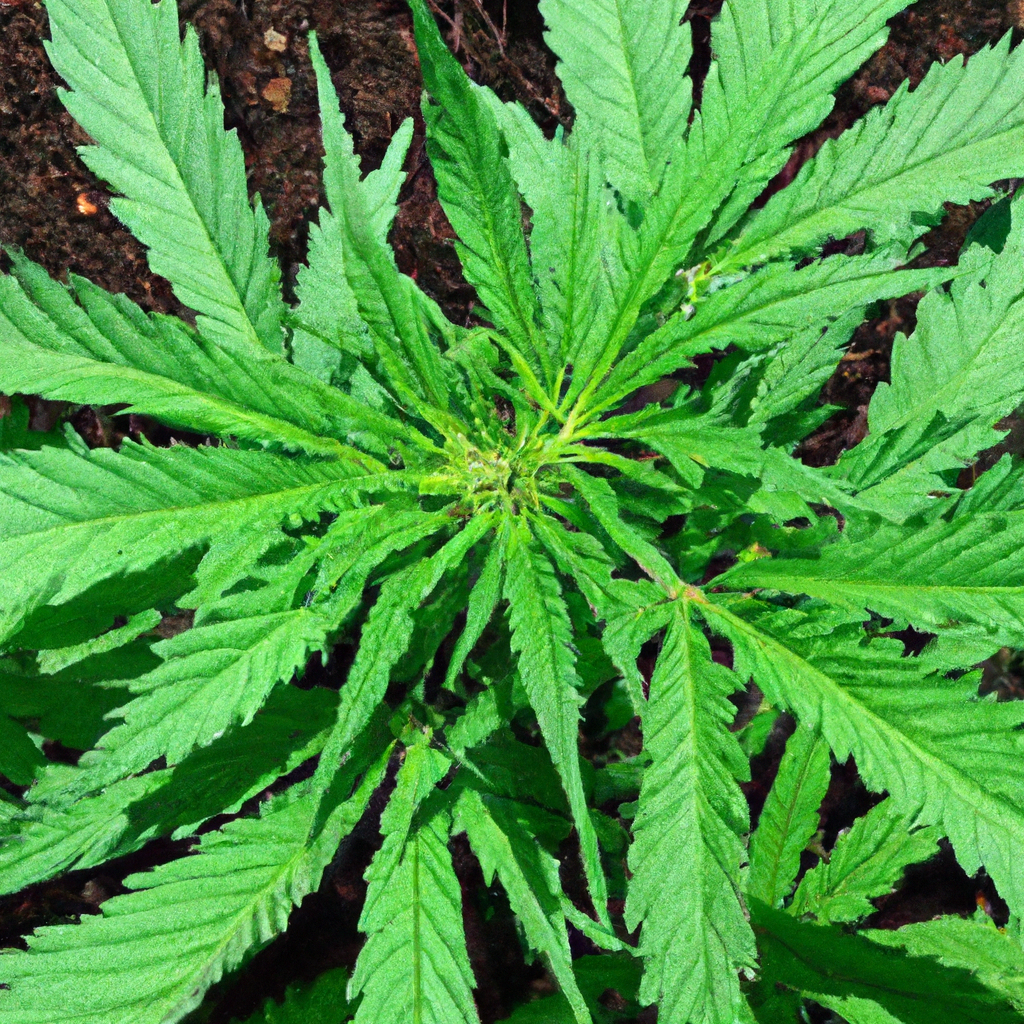
This blog post explores the growing trend of organic cannabis cultivation, highlighting the numerous benefits of organic fertilizers. These fertilizers improve soil health, reduce environmental impact, and enhance the flavor and potency of cannabis without relying on synthetic chemicals. Key practices for building a healthy soil ecosystem include composting, adding organic matter, and using mulch.…
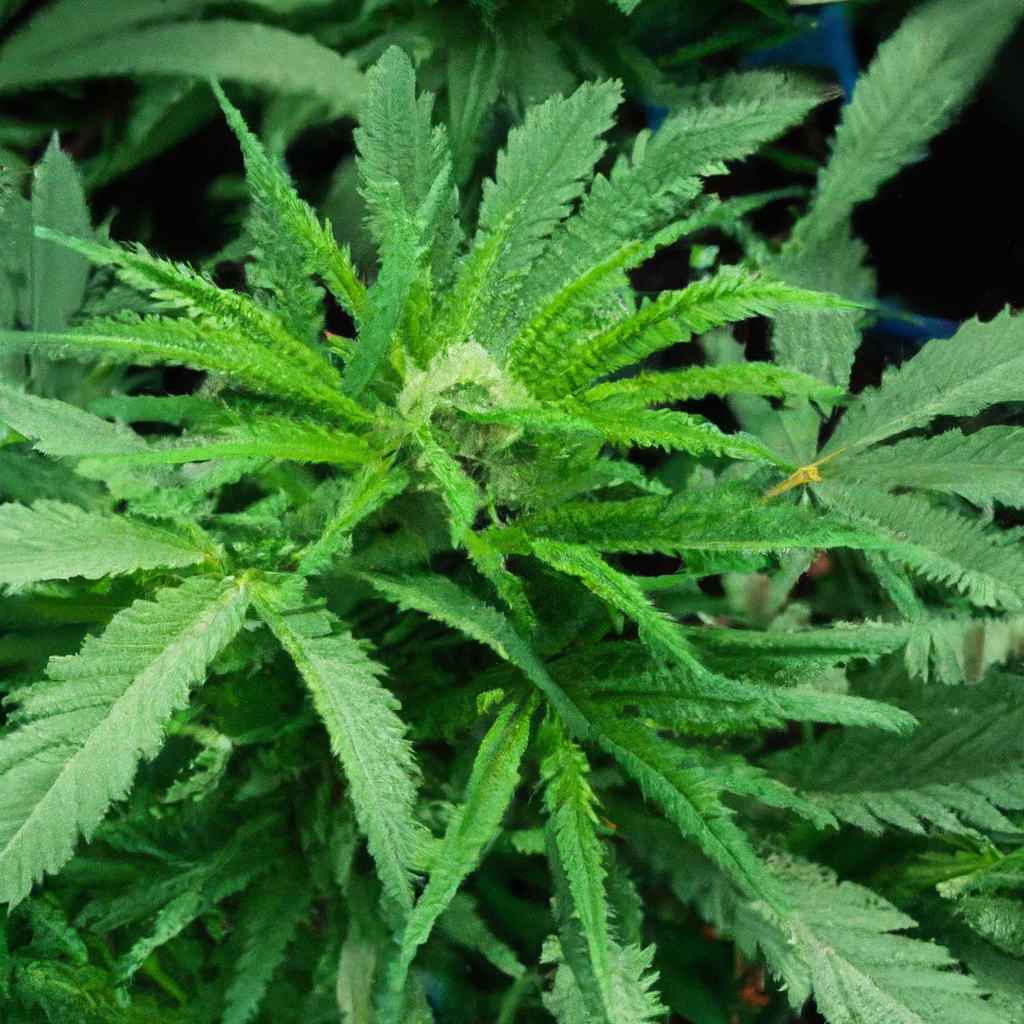
Embarking on organic cannabis cultivation enriches both plant quality and environmental health through natural methods. By fostering fertile soil ecosystems and opting for natural fertilizers like bat guano and fish emulsion, growers can enhance plant growth and reduce chemical usage. Sustainable pest control involves preventive practices and beneficial insects, ensuring a balanced ecosystem. Organic practices…
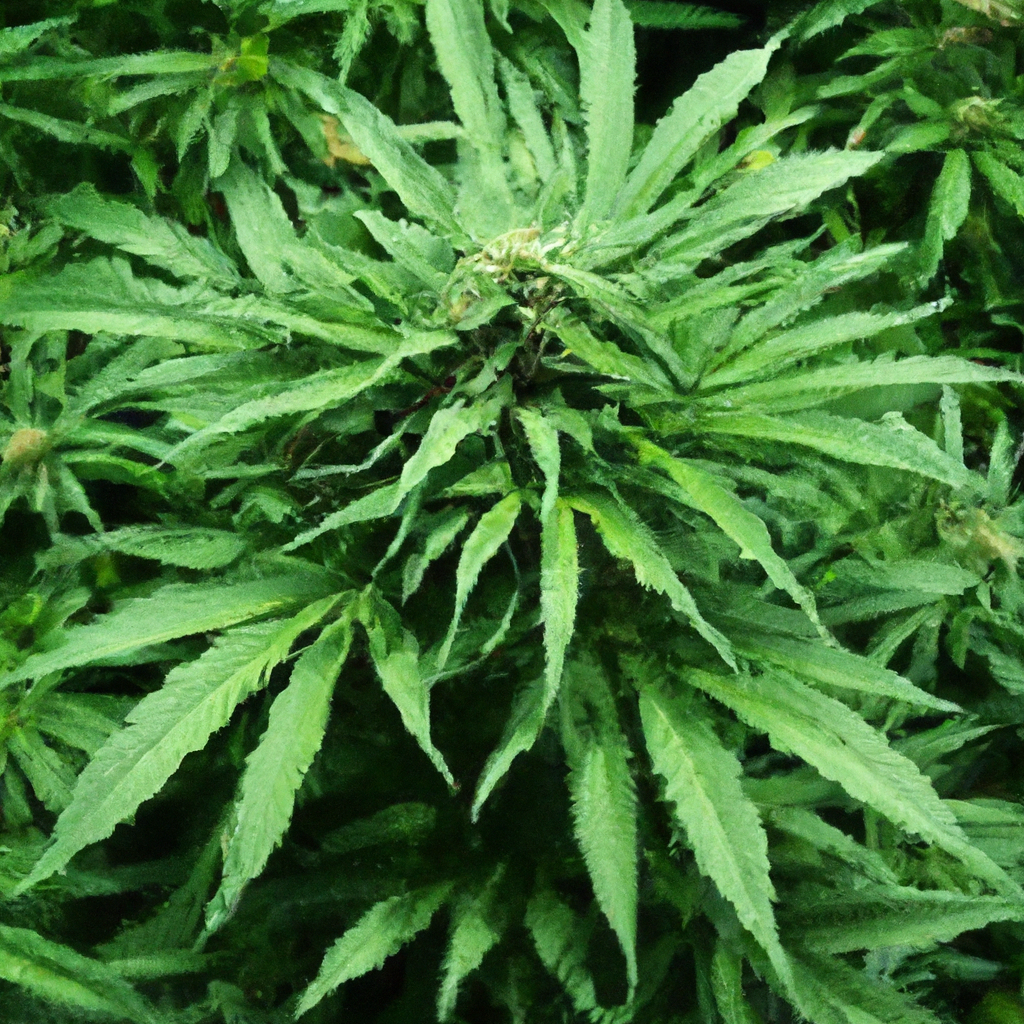
Embracing organic methods in cannabis cultivation benefits both the environment and plant health, yielding a cleaner, more natural product. Organic growing avoids synthetic chemicals, relying on natural fertilizers like compost, worm castings, and fish emulsion to enrich the soil. Creating a healthy soil ecosystem is crucial, incorporating practices such as crop rotation, cover crops, and…
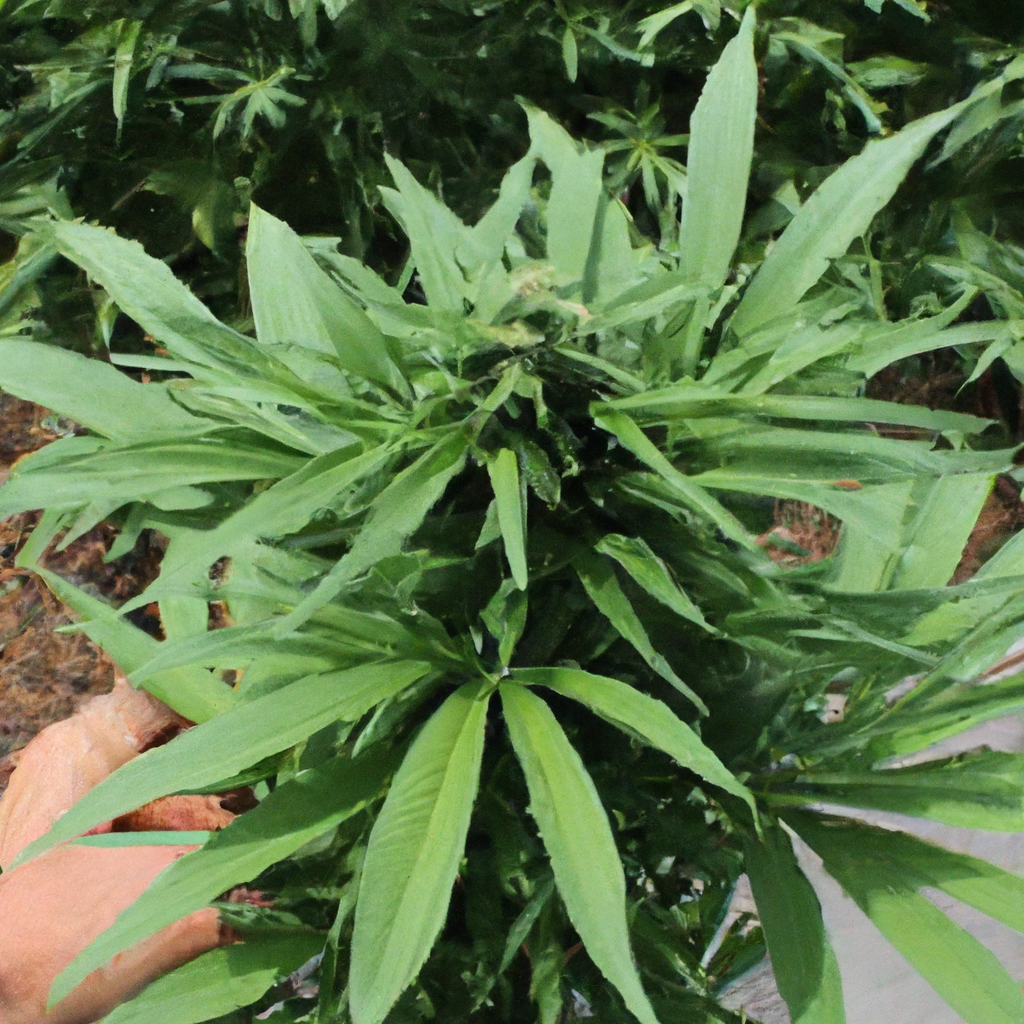
Organic cannabis cultivation emphasizes sustainability, producing high-quality, eco-friendly crops. Key practices include building a healthy soil ecosystem through composting, crop rotation, and cover crops. Natural fertilizers like bat guano and sea kelp are preferred for growth without synthetic chemicals, while organic pest control involves beneficial insects and companion planting. Benefits include reduced environmental impact, enhanced…
